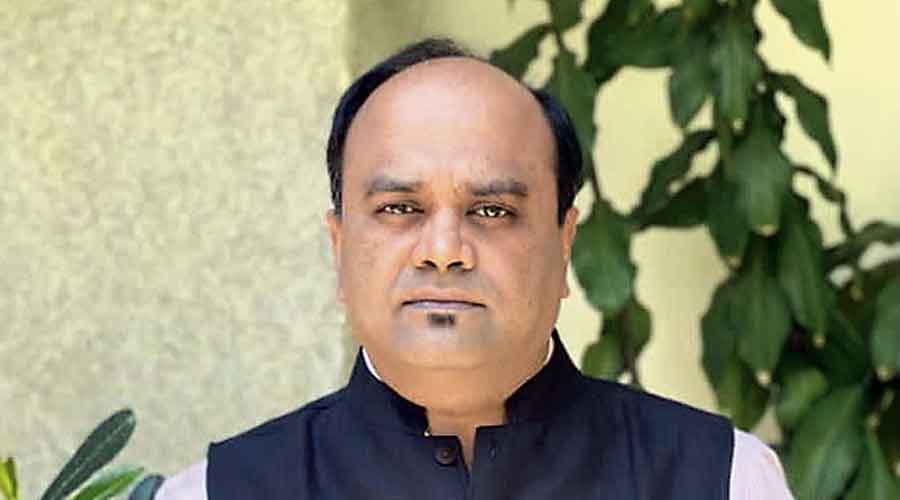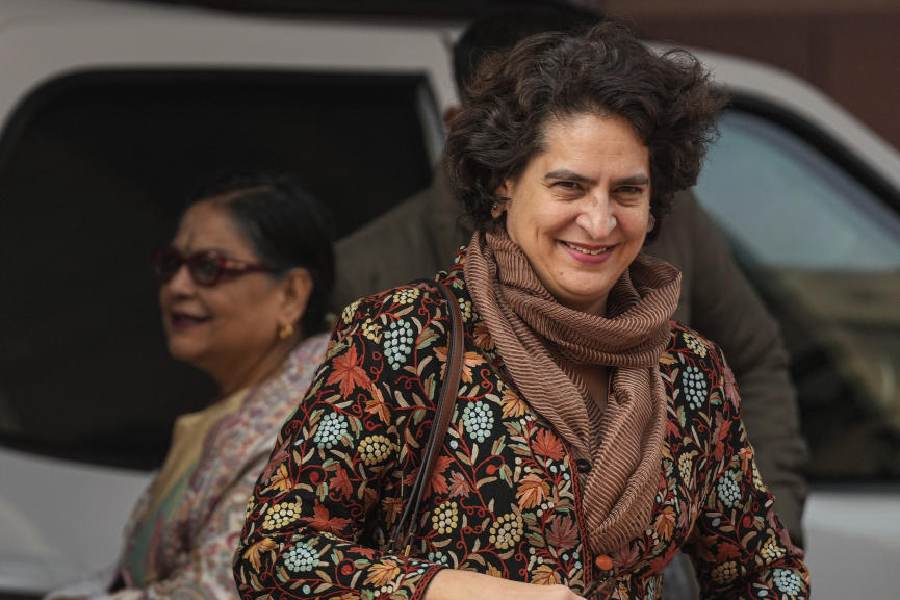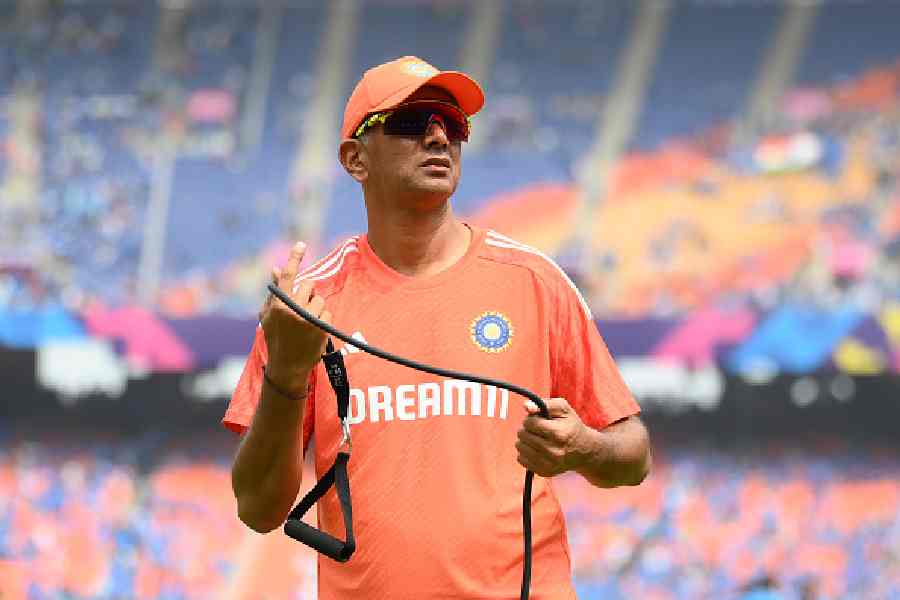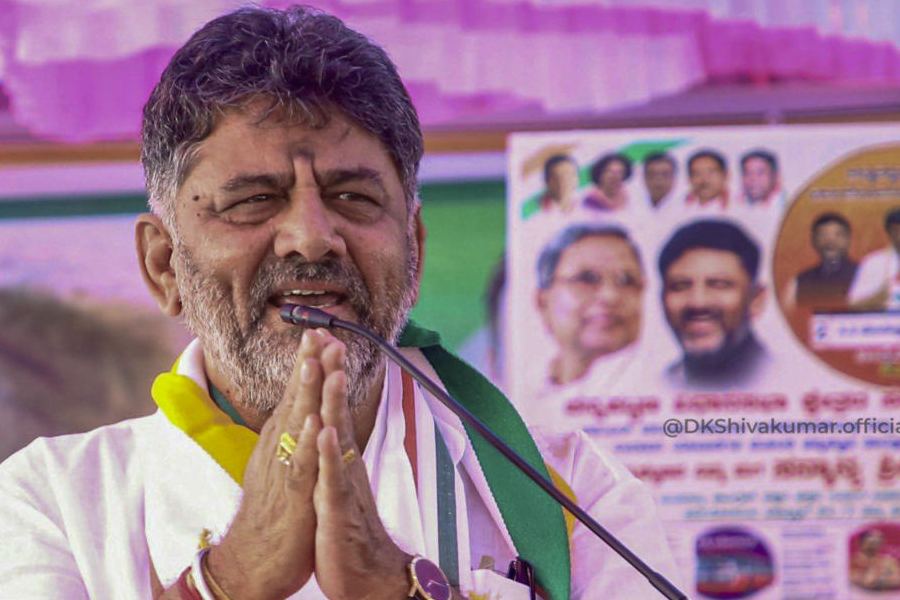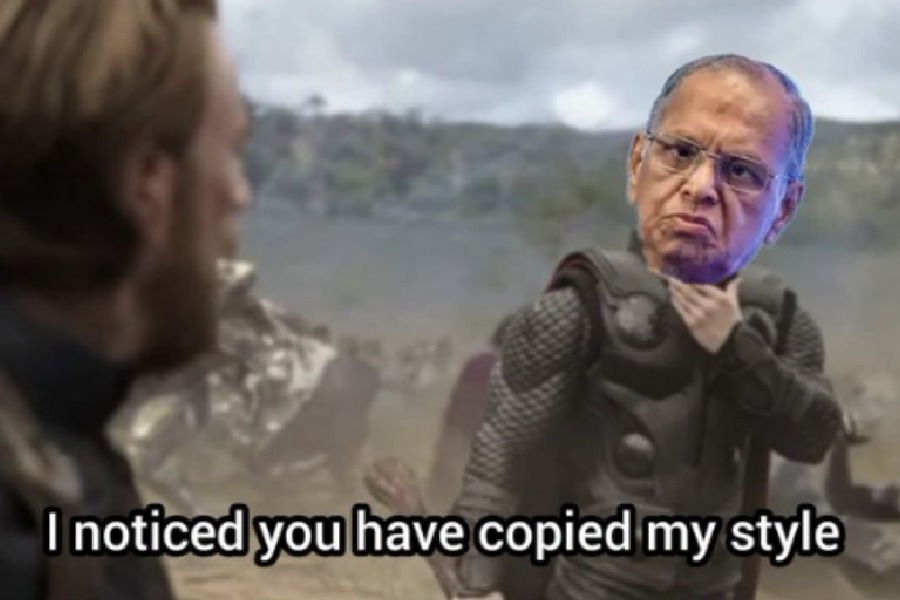Rome was not built in a day. Neither was the “Pharmacy of the World” that is India but the Narendra Modi government is loathe to admit it.
At a time the Modi government has been talking up its Covid vaccine diplomacy, the Centre was given a crash course on Wednesday in the Rajya Sabha on how the country became the “Pharmacy of the World”.
- The Patents Act of 1970 recognised only process patents and not product patents. This meant a drug could be made in India through a different process, which led to an upsurge of Indian entrepreneurship in the pharmaceutical industry.
- The Foreign Exchange Regulation Act (Fera) of 1973 diluted the equity holdings of multinational companies and allowed Indian pharmaceutical companies to emerge.
- Huge investments in science and technology were made in research laboratories, public institutions and publicly funded institutions across the country.
When Congress member Jairam Ramesh listed these factors, Benoy Viswam of the CPI said: “I would like to remember the late Shrimati Indira Gandhi and the role she played in making India the ‘Pharmacy of the World’. Here, that ideology, that political wisdom of this great country needs a mention.”
Which should have set the stage for a gracious response from the government of the day.
But Subrahmanyam Jaishankar, the current foreign minister who is among those who benefited most in an India that the Modi government wants to airbrush now, came up with a churlish response: “Success has many fathers. I am delighted to see today so many fathers claiming success.”
The minister sidestepped a request from Opposition MPs to recognise, in the continuity in the vaccine diplomacy achievement, also the contributions of Indian scientists, epidemiologists and vaccinologists — and not just the policymaking of Prime Minister Narendra Modi as projected by the government.
Jaishankar said: “I take it as a statement that they really want to praise the Vaccine Maitri initiative, except they are going about it in a very roundabout way. So, it is done in good spirit.
“I take it once again as a very generous compliment to the government’s efforts from the other side. I also take it, Sir, as a great affirmation of the Make in India programme, which this government has pursued so strongly and with such great focus.”
Earlier, in his statement, the minister had said: “More than the vaccines themselves, our policies and conduct have emerged as a source of strength for the stressed and vulnerable nations of the world.”
Making his intervention, Ramesh of the Congress detailed the three defining factors behind the success in the pharma industry.
He underlined that the adjuvant — the crucial element of Bharat Biotech’s Covaxin — was developed at the Hyderabad-based Indian Institute of Chemical Technology, a 60-year-old publicly funded organisation.
“And, Bharat Biotech itself owes its origin to the department of biotechnology that was established in 1986, and the Technology Development Board that was established in 1996,” Ramesh said.
“So, while we pat ourselves in the back for being ‘Pharmacy of the World’ and for being a major vaccine manufacturer, let us recognise that there has been a lot of continuity in these policies and the foundations that have been laid in the past few decades has led to a situation where we can take legitimate pride in our achievements.”
Jaishankar said the Made in India vaccines had been supplied to 72 nations. “Even in the midst of a global crisis, the Prime Minister’s initiative of such deep friendship has raised India’s standing and generated great international goodwill for us,” he added.
He reminded the House that before delivering the vaccines, India had also met a considerable amount of the world’s demand for hydroxychloroquine, paracetamol and other relevant drugs as the pandemic peaked.
“This approach is not only in keeping with our age-old tradition of vasudhaiva kutumbakam... It is also the contemporary outlook of this government to utilise India’s growing capacities for the benefit of humankind. As a prominent nation in an increasingly multi-polar world, the international community has great expectations of us, and we, in turn, are prepared to demonstrate our willingness to shoulder greater responsibilities.”
Later, noting the “deep appreciation” of Bharat Biotech and the Serum Institute, he took a swipe at the Covaxin doubters. “Many people perhaps don’t wish to remember it now, but I am proud to say I got vaccinated with Covaxin. So, I think, I made my statement that day.”


